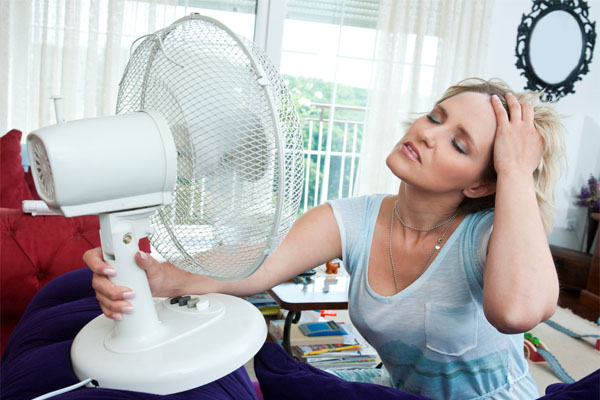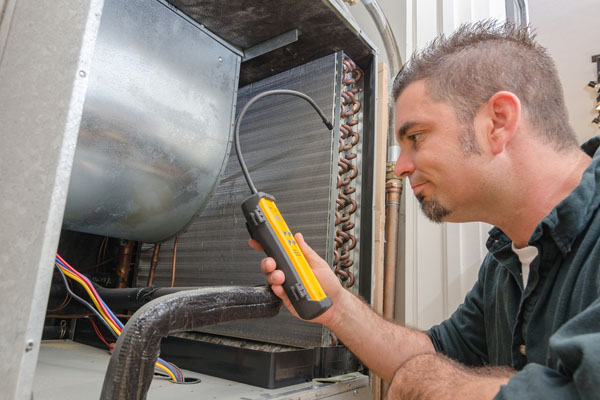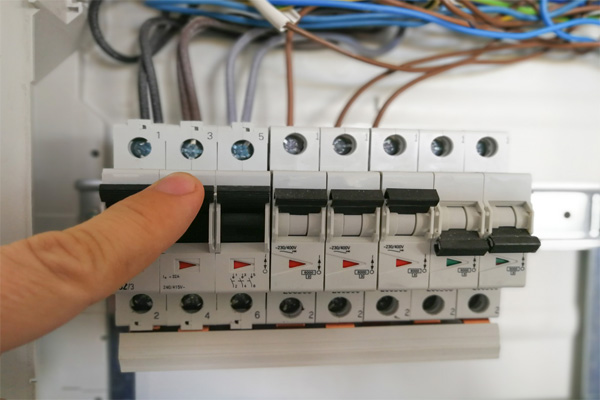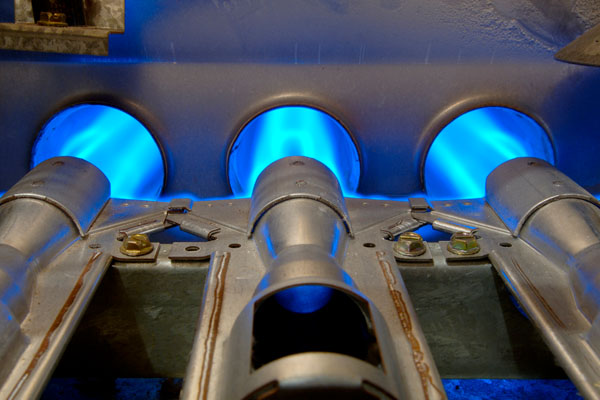Top 5 HVAC Emergencies: How To Identify & Prevent Them In Your Home

A heating and air conditioning system that is in top shape provides high levels of home comfort. Your HVAC equipment is a complex machine that has many parts that work together to provide you with warm or cold air effectively and efficiently. Unfortunately, your system can also experience problems, such as HVAC emergencies, as it ages. Some of the most common HVAC problems you might have to deal with include drain line blockages, electrical issues, refrigerant leaks, negative air pressure, and gas leaks.
Your system won’t be able to work as it should when these issues occur. As a result, the discomfort will permeate throughout your home.
Identifying & Preventing HVAC Emergencies In Your Home
Contents
This article will delve into the most common HVAC emergencies. This way, you know how to identify them and can keep these problems from escalating further.
Refrigerant Leak

Also known as a coolant, the refrigerant is the substance or mixture essential in your system’s refrigeration cycle. However, when the refrigerant lines vibrate and have weakened connections, this can result in gaps and holes where the refrigerant can leak through. The leak will cause the refrigerant level to become imbalanced. An HVAC unit that does not have the proper amount of coolant cannot cool your home as effectively as before. Your cooling unit might even circulate warm air instead of cold air.
You can look out for a few signs when you suspect that there is refrigerant leakage in your unit. The air coming out of the vents might not be in the temperature you expected it to be. You might also hear a hissing sound coming from the indoor air handler. There might also be a sudden increase in your monthly utility bills. Lastly, check the evaporator coils if they are frozen. Condensation will form on the coils because the refrigerant doesn’t circulate properly. This water will then harden and freeze the coil.
Drain Line Blockages
The drain line is vital in ensuring that the water that forms during the cooling cycle is released from the system properly. This condensation passes through the line and goes into the drain pan. However, algae and muck can form and cause blockages in your drain lines, especially if the drain pan has water in it and does not appropriately drain. The clog will then cause water to back up, which, in turn, can lead to your unit suffering from water damage. Some of the symptoms of a drain line blockage include an unusually humid home and rust or mold in or near your HVAC equipment.

Electrical Problems
Electrical problems with your HVAC system mean that there are electrical interruptions. You can start by looking at the breaker. Verify that the circuit breaker is “on.” You should also check the fuse box if you have one as you might have blown a fuse. Replace the fuse when needed. Make sure to check the emergency shut-off switch as well. If the problem persists, contact a professional. A professional will be able to check if there is a deeper problem at hand. For example, the electrical contactor might be experiencing some issues. Electrical problems can result in a no-heat situation at home. This is an inconvenient situation to be in, especially if it’s the middle of the winter. It can also put you and your family’s safety at risk.
Negative Air Pressure
Negative air pressure occurs when air is pulled out of the house and is not replaced. The basement, attic, crawl spaces, drafty windows, gaps around your doors, and electrical outlets are the common culprits when it comes to air being drawn out of your home. However, the biggest contributor to negative air pressure is the exhaust system of your HVAC system.
To determine if your home has negative air pressure, look for signs like random air drafts around your house. This can include doors that suddenly open and close by themselves, and rooms that are strangely hot or cold. You can mitigate negative air pressure by bringing in more air than what is exhausted. Do this by adding a duct to your HVAC unit’s return duct. This will help draw air from the outside. You can also try adjusting the heat recovery ventilator/energy recovery ventilator (HRV/ERV). Talk to an HVAC contractor for the proper solution to a problem like this.

Gas Leak
Signs that there is a gas leak include the smell of sulfur or rotting eggs, hearing a hissing or whistling sound around your house, and dying houseplants. When you spot these signs around your home, this could mean that there is a gas leak.
Some gas leaks can lead to an explosion, so getting out of the house is vital. Call a professional once you are out. To prevent gas leaks from happening in your home, make sure to have your unit routinely inspected by an HVAC expert.
Preventing HVAC Problems
The best way to avoid HVAC problems from occurring in the first place is to have it thoroughly inspected and cleaned by a heating and cooling professional. Routine professional maintenance can make sure that all components and areas of your unit are in perfect working order. Any problem is immediately addressed so that it does not escalate into bigger and irreversible damage. Make sure to schedule HVAC tune-ups by a licensed and certified HVAC technician at least once a year. This way, your system runs without a hitch.
Call Miller Oil Company For Your Home HVAC Requirements

If you are looking for one of the best heating and cooling services in the area, do not hesitate to call Miller Oil Company. Our licensed and NATE certified technicians offer excellent HVAC services, including HVAC repairs, installations, replacements, and more. We have friendly techs who are equipped with the proper tools, experience, and knowledge to service your system correctly and promptly.
Miller Oil Company offers the most competitive heating and cooling service rates in the area. We guarantee that we can help you, from replacing your old HVAC unit to making sure that your current one is working at peak efficiency. Our client’s satisfaction and comfort are always our top priorities. To book an appointment, give Miller Oil Company a call today for a free, in-home estimate.
Click here to contact us today or give us a call at (860) 745-0326 if you have any questions.